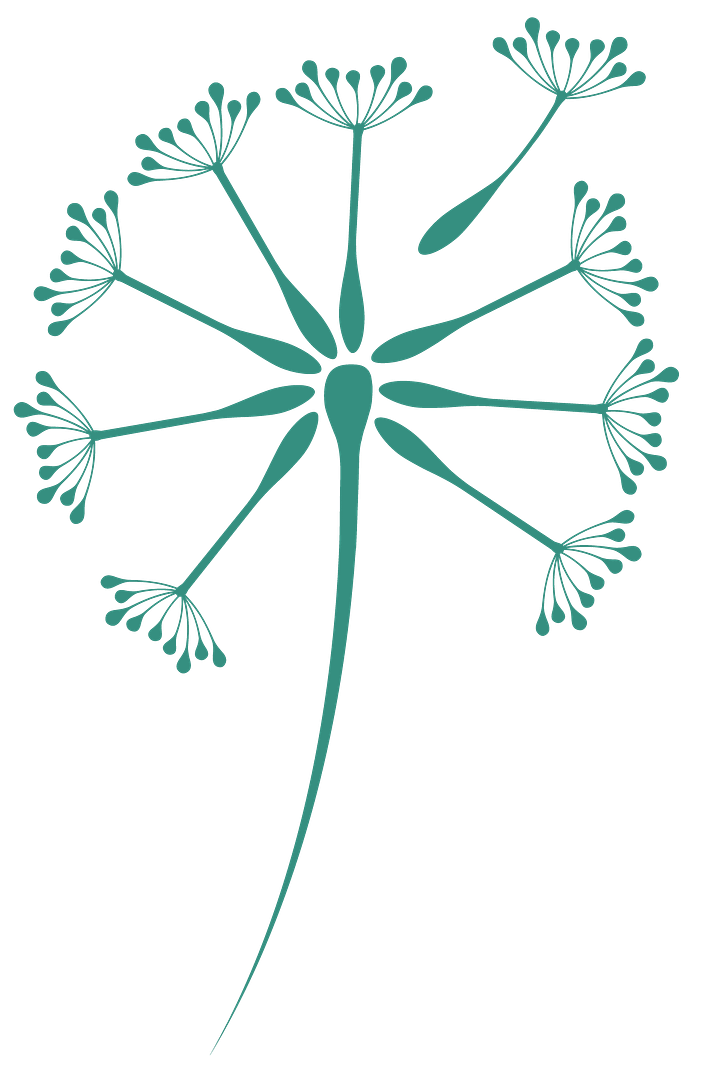Leveraging empathy to confront colonial harms
and foster organizational justice.
We help organizations uncover how colonial harms show up in the workplace. By leveraging empathy with a decolonized, intersectional lens, we amplify traditionally silenced voices and help foster inclusive workplaces where all employees feel a sense of belonging.

Organizational Justice Consulting
We help organizations evaluate, improve, and implement strategies and processes related to belonging, communications, and programs.
Unlearning and Reframing
We help organizations unlearn the biases internalized from the dominant culture, then reframe this knowledge in a new context.
Inclusive
Storytelling
We help organizations use storytelling techniques to communicate complex issues such as intersectionality, the harms of colonialism, and organizational inclusion.

Anna-Liza Badaloo (she/her) is an organizational consultant, un-learner, and inclusive storyteller working at the intersection of health, environment, and social justice. Viewing organizational justice and belonging through the lens of empathy, her decolonized, intersectional approach helps organizations identify how systemic discriminatory structures are embedded into their ways of working, and co-designs strategies to raise awareness and dismantle barriers.
From Our Clients
“Anna-Liza deftly examines the connections between socioeconomic inequity and injustice, and the health of individuals and communities — particularly marginalized or vulnerable communities — taking a necessarily intersectional approach to the impacts of Islamophobia and racism on individual and collective health and wellbeing. Her analysis is thoughtful, insightful, and holistic and her communication style is exceedingly accessible.”
– Erika Shaker, Director, National Office
Editor, Our Schools / Our Selves
Canadian Centre for Policy Alternatives


“Anna-Liza brings diverse expertise and knowledge, a critical and analytical lens, a firm grounding in contemporary conditions and contexts, and a commitment and passion to the work that is so necessary given the weight and complexity of the issues being addressed. My experience with Anna-Liza ranges from working in coalitions, research, event-planning, communications and messaging, knowledge translation and mobilization, and community building. In every instance, Anna-Liza brings her all to the table, in reciprocity and respect.”
— Dr. Jane E. McArthur
Toxics Program Director, Canadian Association of Physicians for the Environment (CAPE)
I live, work, and play on stolen Indigenous lands, located in what is colonially called Toronto, Ontario, Canada. These lands are the traditional territories of the Mississaugas of the Credit, the Anishnabeg, the Chippewa, the Haudenosaunee, and the Wendat peoples. Toronto is covered by Treaty 13 (signed with the Mississaugas of the Credit), and the Williams Treaties (signed with multiple Mississaugas and Chippewa bands).
To stay connected with urban nature and seasonal changes, I moved to the Lower Don River area, where I enjoy watching the river and hiking the beautiful trails. The Don Valley was named after the River Don in Britain by Governor Simcoe (who named many places in Ontario). Waasayishkodenayosh (‘burning bright point’ among other translations) was documented as the Anishnaabemowin place name for the Lower Don River, likely referring to the practice of spearing salmon by torchlight.
